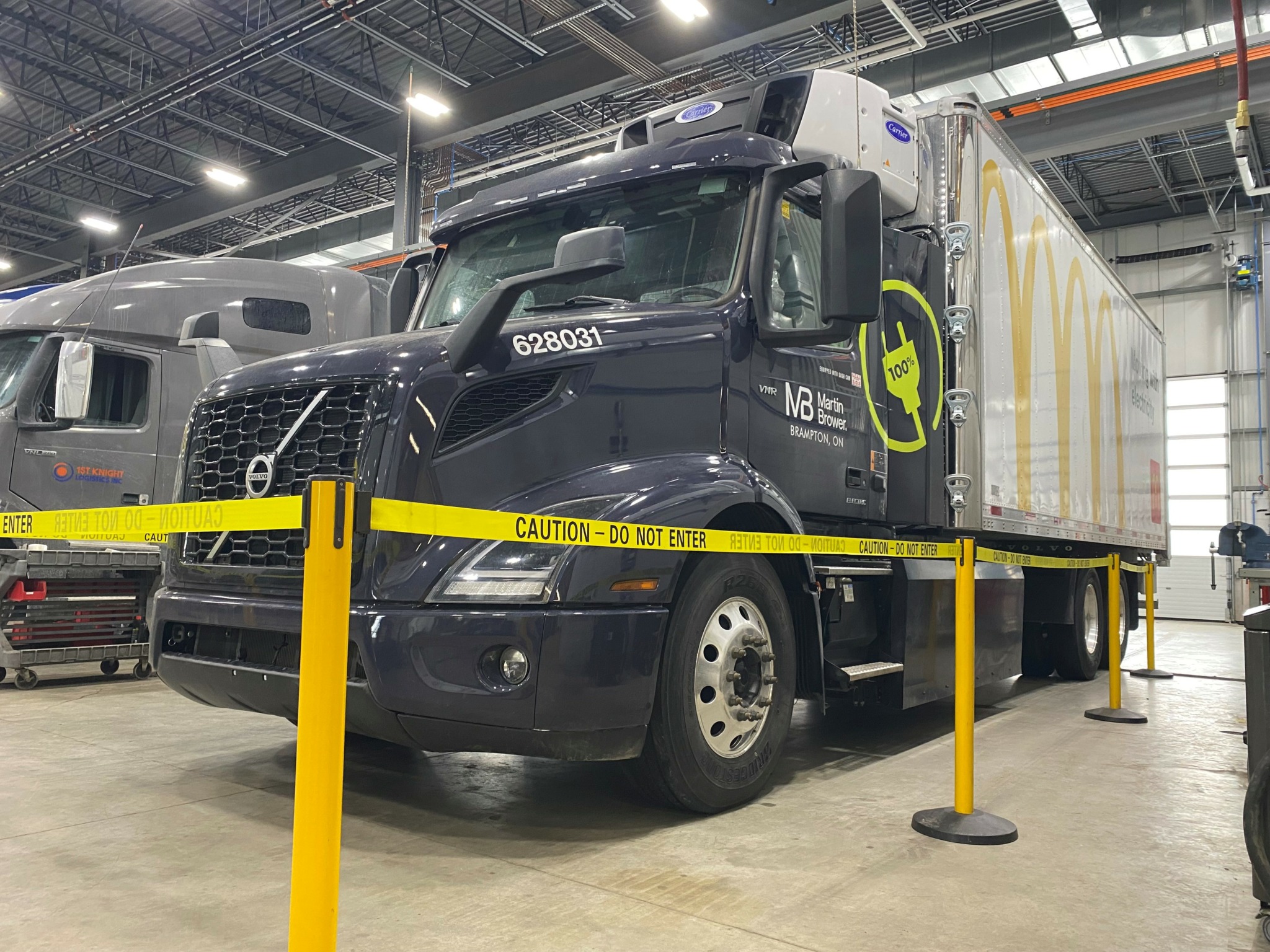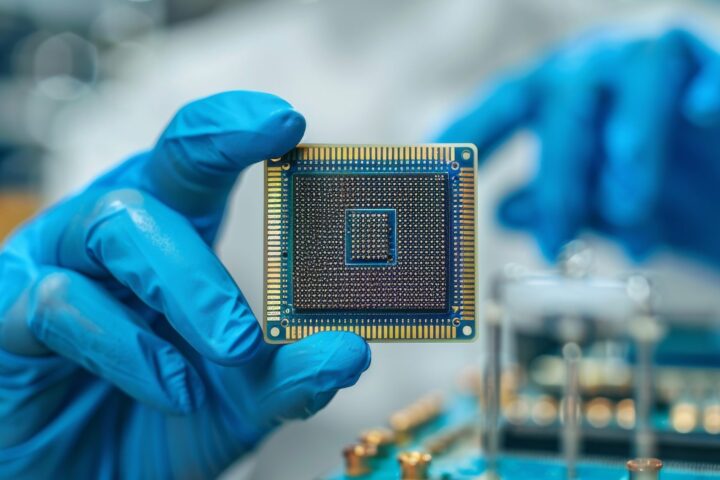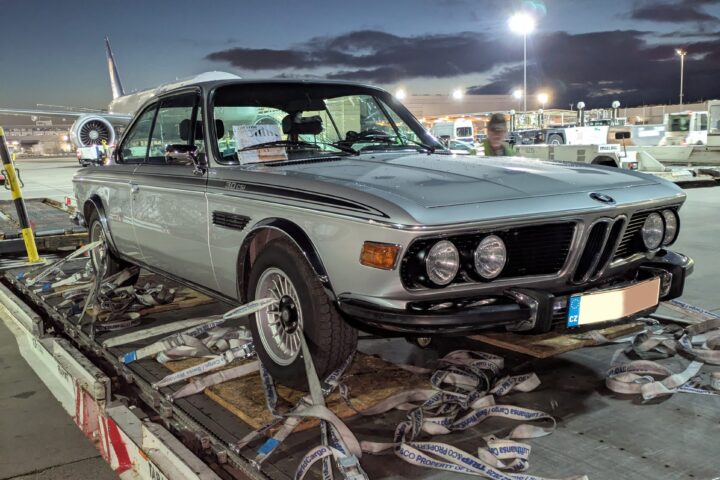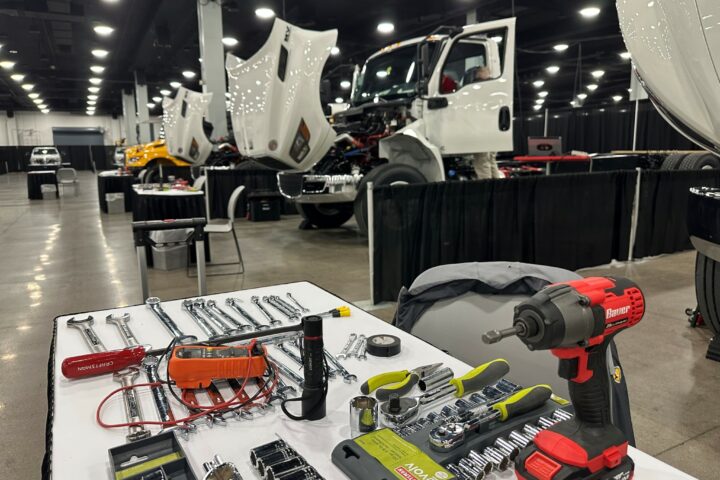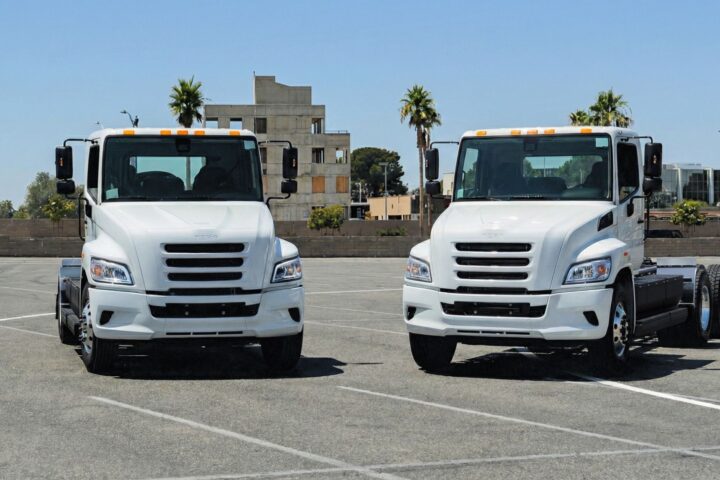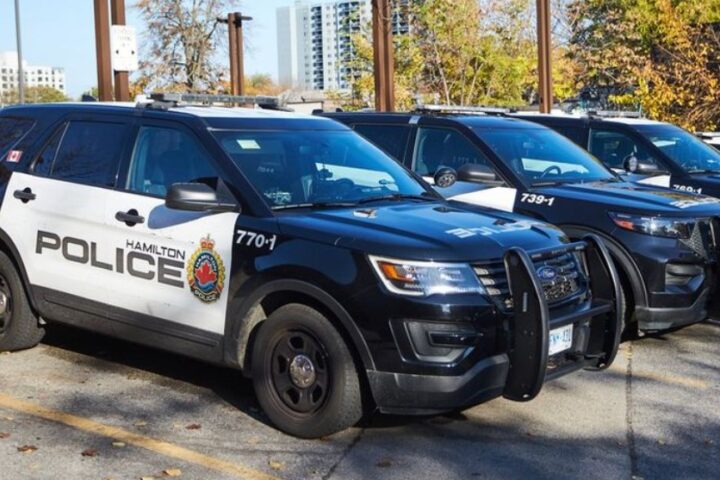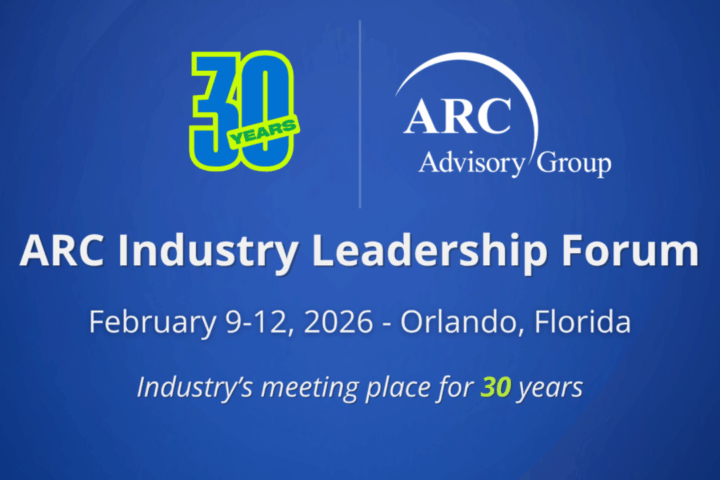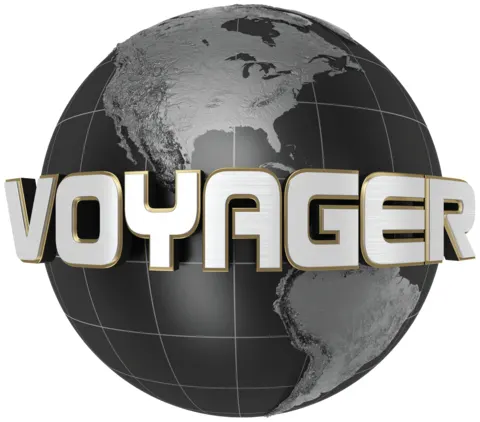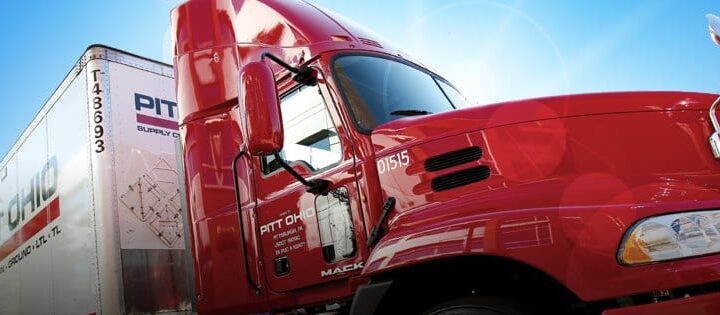A fleet that chooses to deploy and maintain its own battery-electric trucks, or a dealer that plans to sell and support those trucks, will have to undergo some changes in the shop in order to safely work on such vehicles.
We visited Vision Truck Group’s Brampton, Ont., dealership to get a first-hand look at what goes into setting up a dedicated service bay for EVs. Travis Brown, vice-president of product support with Vision, was our host and tour guide.
“Mack corporate and Volvo corporate have put together a dealership roadmap, so to speak, for the various departments,” he explained of the required training.

It’s part of the EV-certification process any Mack or Volvo dealer must undergo before it’s allowed to sell and support electric trucks. The mandatory training includes everyone from the sales reps to the parts pros and the technicians who will interact with EVs. Safety training is extended to all dealer employees so they know how to react in the event of a fire.
“We have requirements for the service bays, the charging infrastructure, tooling, safety equipment, etc.,” explained Brown.
Vision was among the first dealers to undergo the EV certification process, as far back as 2019.
“We were fully certified within a six-month period,” Brown explained. He described the training as very hands-on and interactive.
It’s a good idea for any organization to have a “champion” to lead the initiative, Brown suggested, noting he took on that role at Vision.
The technician training is the most in-depth, including many hours of online and instructor-led training. “From there, the service manager handles a lot of the service department operations – the acquisition of the barriers, the tooling, the safety equipment – and follow-up certification and annual inspections,” Brown explained.
Dealers can lose their certification if they don’t maintain the OEM’s high standards.
Specialized tools, gear for EV servicing
A shop looking to maintain and repair EVs will need special insulated tools, including pliers, ratchet sockets, and screwdrivers—basically, any tool that will be used on an electric truck must be insulated.
And then there’s safety gear for the techs, such as insulated gloves and headgear. Lifting equipment is also required, capable of lifting the heavy battery packs. These could be crane- or forklift-based, Brown explained.
Mack and Volvo require their EV-certified dealers to have a dedicated service bay for EVs, separated by barriers. Vision’s barriers and most of the equipment are mobile, so it can set up a dedicated bay for EV use anywhere within the shop.
The exception is charging, which is limited to one bay since the fast-charger is wall-mounted.
While the adoption of electric trucks is still in the early stages, Brown said the demand is there, particularly in the Brampton area. “I would say we have a battery-electric vehicle in the shop at least every day,” he said. “And larger customers are not ordering one at a time, they’re ordering five or 10 at a time.”
He reports the reliability of the electric trucks in service has been good. Typical repairs are usually simple items such as wiper motors, components that would need service on a diesel truck as well. There have been few problems with the electric powertrain itself.
Brown said technicians aren’t nervous about working on EVs and their high-voltage systems, but rather excited to do so.
“We’ve had a lot of them ask for that training,” he said of the dealership’s technicians. “We’ve certified three to four at each facility to cover off the various shifts, and then others want to be certified. I haven’t heard any apprehension from them whatsoever.”
Being one of the first dealers to undergo the EV-certification process, Brown said it was initially challenging to source some of the required tools.
“The tooling was difficult to get in the beginning,” he said. “It took many, many months. Now, we have the tooling within a month.”
Now, what was once a six-month process for the first Vision locations to seek certification has been whittled down to a month or two for new locations, Brown added.

